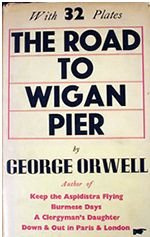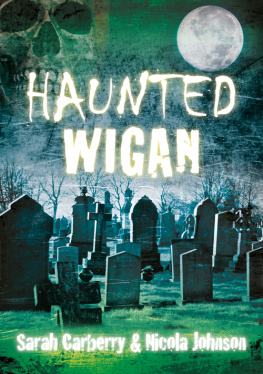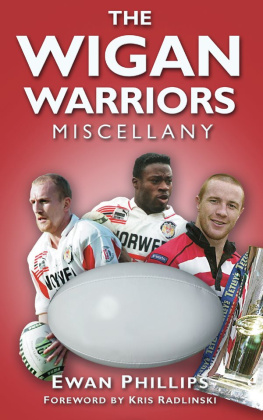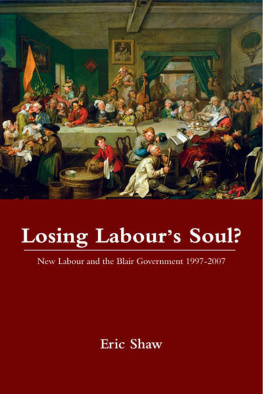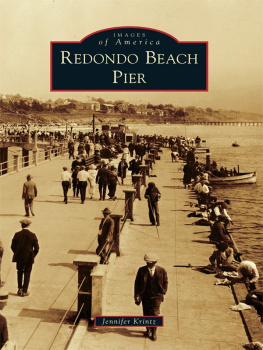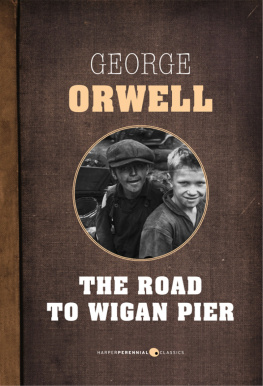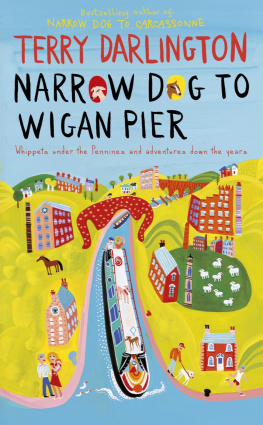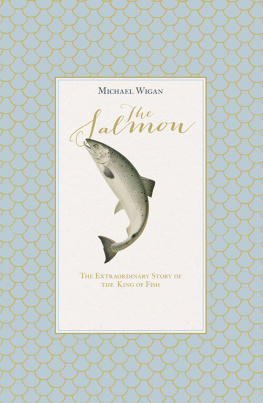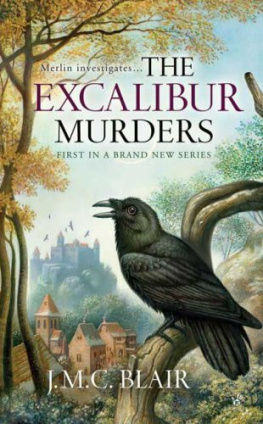The Road to Wigan Pier
by
Eric Arthur Blair
1937

All Your Books Are Belong To Us !
http://c3jemx2ube5v5zpg.onion
The Road to Wigan Pier
Copyright 1937 Eric Arthur Blair
Victor Gollancz suggested at the end of 1935 that Orwell spend a short time investigating social conditions in economically depressed northern England. In the period from 31 January to 30 March 1936, Orwell lived in Wigan, Barnsley and Sheffield researching the book. The conventional view, based on a recollection by George Gorer, is that this was a specific commission with a 500 advance two years' income for him at the time. However Taylor argues that Orwell's subsequent circumstances showed no indication of such largesse, Gollancz was not a person to part with such a sum on speculation, and Gollancz took little proprietarial interest in progress. Gollancz published the work under the Left Book Club which gave Orwell a far higher circulation than his previous works. However Gollancz feared the second half would offend Left Book Club readers and inserted a mollifying preface to the book while Orwell was in Spain.
Contents
PART ONE
The first sound in the mornings was the clumping of the mill-girls' clogs down the cobbled street. Earlier than that, I suppose, there were factory whistles which I was never awake to hear.
My bed was in the right-hand corner on the side nearest the door. There was another bed across the foot of it and jammed hard against it (it had to be in that position to allow the door to open) so that I had to sleep with my legs doubled up; if I straightened them out I kicked the occupant of the other bed in the small of the back. He was an elderly man named Mr Reilly, a mechanic of sorts and employed 'on top' at one of the coal pits. Luckily he had to go to work at five in the morning, so I could uncoil my legs and have a couple of hours' proper sleep after he was gone. In the bed opposite there was a Scotch miner who had been injured in a pit accident (a huge chunk of stone pinned him to the ground and it was a couple of hours before they could lever it off), and had received five hundred pounds compensation. He was a big handsome man of forty, with grizzled hair and a clipped moustache, more like a sergeant-major than a miner, and he would lie in bed till late in the day, smoking a short pipe. The other bed was occupied by a succession of commercial travellers, newspaper-canvassers, and hire-purchase touts who generally stayed for a couple of nights. It was a double bed and much the best in the room. I had slept in it myself my first night there, but had been manoeuvred out of it to make room for another lodger. I believe all newcomers spent their first night in the double bed, which was used, so to speak, as bait. All the windows were kept tight shut, with a red sandbag jammed in the bottom, and in the morning the room stank like a ferret's cage. You did not notice it when you got up, but if you went out of the room and came back, the smell hit you in the face with a smack.
I never discovered how many bedrooms the house contained, but strange to say there was a bathroom, dating from before the Brookers' time. Downstairs there was the usual kitchen living-room with its huge open range burning night and day. It was lighted only by a skylight, for on one side of it was the shop and on the other the larder, which opened into some dark subterranean place where the tripe was stored. Partly blocking the door of the larder there was a shapeless sofa upon which Mrs Brooker, our landlady, lay permanently ill, festooned in grimy blankets. She had a big, pale yellow, anxious face. No one knew for certain what was the matter with her; I suspect that her only real trouble was over-eating. In front of the fire there was almost always a line of damp washing, and in the middle of the room was the big kitchen table at which the family and all the lodgers ate. I never saw this table completely uncovered, but I saw its various wrappings at different times. At the bottom there was a layer of old newspaper stained by Worcester Sauce; above that a sheet of sticky white oil-cloth; above that a green serge cloth; above that a coarse linen cloth, never changed and seldom taken off. Generally the crumbs from breakfast were still on the table at supper. I used to get to know individual crumbs by sight and watch their progress up and down the table from day to day.
The shop was a narrow, cold sort of room. On the. outside of the window a few white letters, relics of ancient chocolate advertisements, were scattered like stars. Inside there was a slab upon which lay the great white folds of tripe, and the grey flocculent stuff known as 'black tripe', and the ghostly translucent feet of pigs, ready boiled. It was the ordinary 'tripe and pea' shop, and not much else was stocked except bread, cigarettes, and tinned stuff. 'Teas' were advertised in the window, but if a customer demanded a cup of tea he was usually put off with excuses. Mr Brooker, though out of work for two years, was a miner by trade, but he and his wife had been keeping shops of various kinds as a side-line all their lives. At one time they had had a pub, but they had lost their licence for allowing gambling on the premises. I doubt whether any of their businesses had ever paid; they were the kind of people who run a business chiefly in order to have something to grumble about. Mr Brooker was a dark, small- boned, sour, Irish-looking man, and astonishingly dirty. I don't think I ever once saw his hands clean. As Mrs Brooker was now an invalid he prepared most of the food, and like all people with permanently dirty hands he had a peculiarly intimate, lingering manner of handling things. If he gave you a slice of bread-and-butter there was always a black thumb-print on it. Even in the early morning when he descended into the mysterious den behind Mrs Brooker's sofa and fished out the tripe, his hands were already black. I heard dreadful stories from the other lodgers about the place where the tripe was kept. Blackbeetles were said to swarm there. I do not know how often fresh consignments of tripe were ordered, but it was at long intervals, for Mrs Brooker used to date events by it. 'Let me see now, I've had in three lots of froze (frozen tripe) since that happened,' etc. We lodgers were never given tripe to eat. At the time I imagined that this was because tripe was too expensive; I have since thought that it was merely because we knew too much about it. The Brookers never ate tripe themselves, I noticed.
The only permanent lodgers were the Scotch miner, Mr Reilly, two old- age pensioners, and an unemployed man on the P.A.C. named Joehe was the kind of person who has no surname. The Scotch miner was a bore when you got to know him. Like so many unemployed men he spent too much time reading newspapers, and if you did not head him off he would discourse for hours about such things as the Yellow Peril, trunk murders, astrology, and the conflict between religion and science. The old-age pensioners had, as usual, been driven from their homes by the Means Test. They handed their weekly ten shillings over to the Brookers and in return got the kind of accommodation you would expect for ten shillings; that is, a bed in the attic and meals chiefly of bread-and-butter. One of them was of'superior' type and was dying of some malignant diseasecancer, I believe. He only got out of bed on the days when he went to draw his pension. The other, called by everyone Old Jack, was an ex-miner aged seventy-eight who had worked well over fifty years in the pits. He was alert and intelligent, but curiously enough he seemed only to remember his boyhood experiences and to have forgotten all about the modem mining machinery and improvements. He used to tell me tales of fights with savage horses in the narrow galleries underground. When he heard that I was arranging to go down several coal mines he was contemptuous and declared that a man of my size (six feet two and a half) would never manage the 'travelling'; it was no use telling him that the 'travelling' was better than it used to be. But he was friendly to everyone and used to give us all a fine shout of 'Good night, boys!' as he crawled up the stairs to his bed somewhere under the rafters. What I most admired about Old Jack was that he never cadged; he was generally out-of tobacco towards the end of the week, but he always refused to smoke anyone else's. The Brookers had insured the lives of both old-age pensioners with one of the tanner-a-week companies. It was said that they were overheard anxiously asking the insurance-tout 'how long people lives when they've got cancer'.


